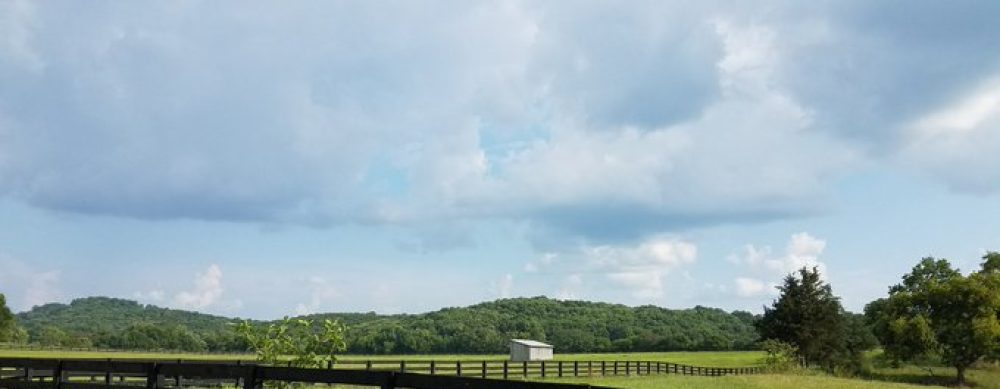I was going to write about the amazing reading at Java Monkey during the Decatur Book Festival–everyone’s, not just mine, heheh :-)–but then somehow I got distracted and the week got away from me.
And now it’s 9 days later, and everyone else has written about it in their blogs–and let’s be honest here, we’re all reading the same blogs, so I don’t know if it’s worth going into, but for the benefit of those who didn’t attend, and don’t read the same blogs I do, let me hit some highlights.
First of all, let me just say, Christine Swint is a born reader of poetry. She mentioned that the DBF was her first-ever public reading, but I simply refuse to believe it. She was so good–perfect pitch and delivery, her words smooth and even, and of course, wonderful. It was a pleasure to hear her, and to be exposed to more of her poetry, which I am only a little familiar with. I predict great things for her! And I look forward to attending more of her readings, because I know there will be many, many.
Bob Wood was next. He read poems from his Gorizia Notebook, and his explanations about the poems were as delightful as the poems themselves. I was especially fond of his discussion surrounding “Night Train from Venice,” where he discussed how fascistic the train conductors are–who, as he describes in the poem, embody the “ghost of Mussolini.”
Blake Leland‘s poems were all bug-related. He has what Bob calls the “voice of God,” and it’s true (if God were male, but everyone knows I believe in Goddess)–a basso profondo voice that makes every word resonate with import. He read this one poem called “The Cicadas” which was a definite crowd-pleaser because it has a kind of James Brown-esque motif that punctuates the poem. The audience loved it. Even clapped mid-way (because it seemed as if the poem were over), but then when Blake actually finished it, it got a huge round of applause.
I was next–I read relatively recent poems, including several from the APPF. Here’s the set list (although not in order, and not necessarily all of them, as I can’t find the pages where I had them written down):
- Of a Diferent Color
- You Never Listen
- Horse Sense
- St. Sebastian
- St. Sebastian II
- Ex Somnium
- Breakup
- Dystopic Love Poem
- Besame Mucho
Several people came up to me afterward to talk about those Sebastian poems–among the comments I got was that they were “sly,” “sexy,” and “really cool.” This amused me, and I was pleased.
I’ve been thinking of maybe doing a third St. Sebastian poem–one of the poems I need to write in the near future is a persona poem, which is not a form I’ve done in a while, so maybe I could write as him. (Why do I need to write a persona poem, you may ask? Because I will be attending the 3rd Annual Chattahoochee Valley Writer’s Conference, and that was Nick Norwood’s–who has 12 Hotness chilis on Rate My Professor–assignment.)
I only read 11 minutes, according to Chris. I guess I’m a poor judge of time, but I will say, I’m a firm believer in the “leave ’em wanting more” school of thought. Better to end early than to bore people.
After me came Julie Bloemeke, who, like Christine, I hadn’t met in person before. She read poems about derelict houses which were very interesting to me because I actually have a fondness for derelict buildings in general. (I have often thought, if I had a lick of photographic talent, that I would like to shoot all the abandoned barns around Louisiana and make a book.) I’m curious to hear more of her work–I should look online for it.
Karen Head read from Sassing, of course, and is always entertaining–quite the Southern raconteuse, but I confess to wishing she had read something newer. And I know that she feels compelled to read “May Day Sermon,” which is a fine poem–don’t get me wrong, but I guess I’ve heard it so many times I just wish she’d give some of her other really solid, good poems a reading too. She told me that she wasn’t planning on reading it, but I guess when your fans demand it… Not that I would understand these things, fanless as I am…
Finally Collin Kelley read the Preface to his novel, Conquering Venus (which I am currently reading, and am slightly in love with Irène Laureaux). Listening to him read was amazing because you could swoon in the lyric quality of the words. It was a pleasure hearing him, and I will have to make an effort to attend one of his readings so that I can hear him. What is it about fiction always being more enjoyable when it is read to you?
There were others at the Java Monkey Stage I wish I had gone to hear–Kodac Harrison, Cleo Creech, Memye Curtis Tucker, Megan Volpert, Rupert Fike (who sent me one of my favorite APPF poems that I received), Robin Kemp (who signed her book This Pagan Heaven for me, but I haven’t read it yet, despite Collin’s superior review in his blog–I need to read it soon, by the way), and Ginger Murchison… Though several of them I’ve heard before, it would have been nice to hear them again. Next year, I promise that I’ll spend more time at the DBF. It’s just usually so hot, and parking is an issue, and I’m a crabby old curmudgeon, that 4 hours, plus a MARTA trip, is about my limit.
In other news, oh, never mind. That can wait for another post.
